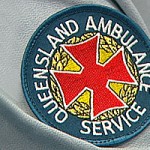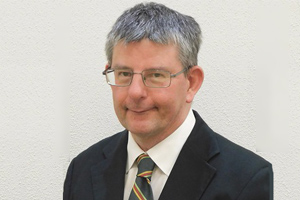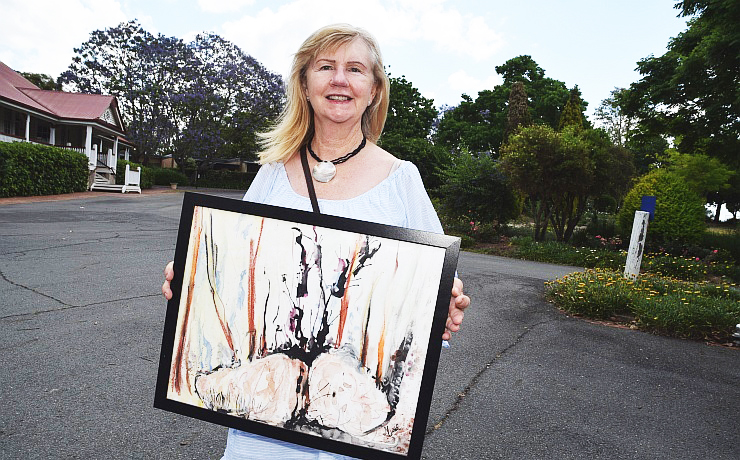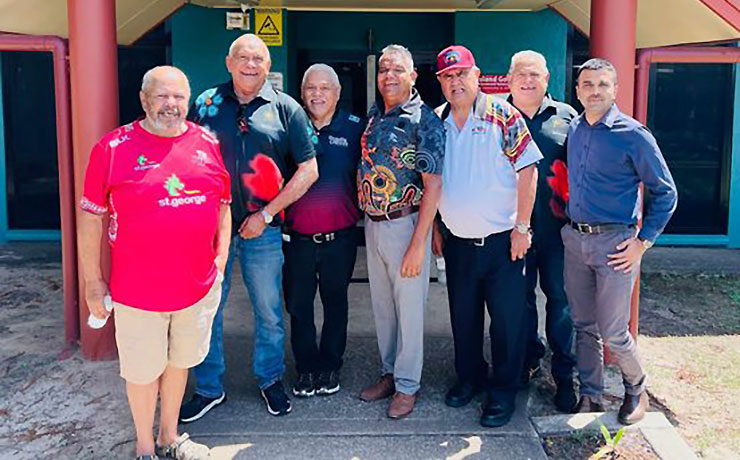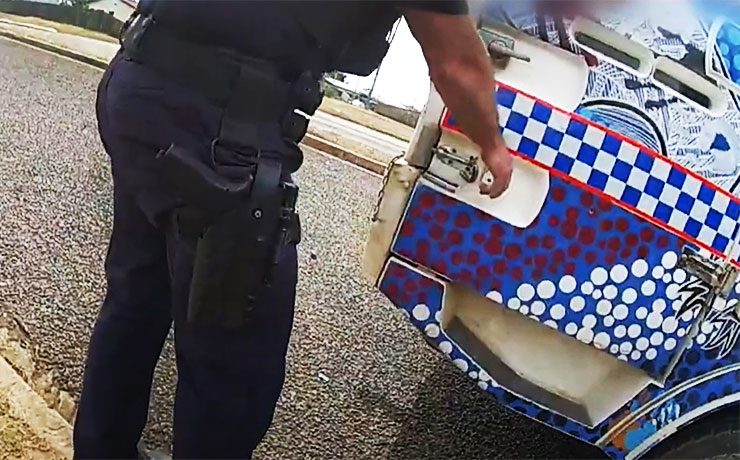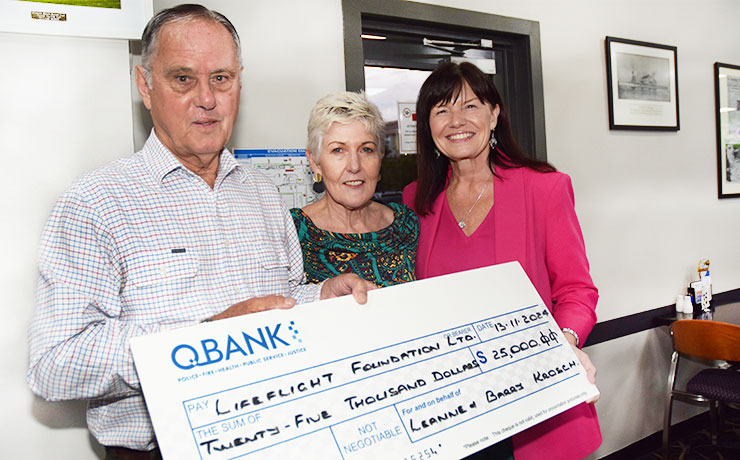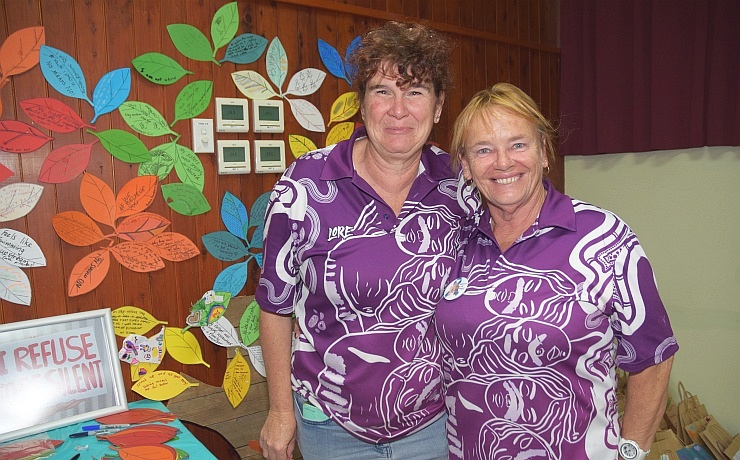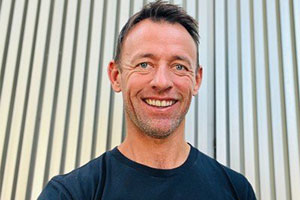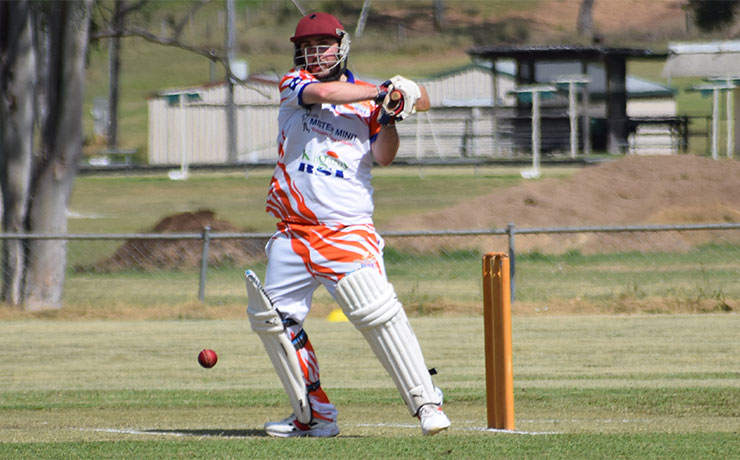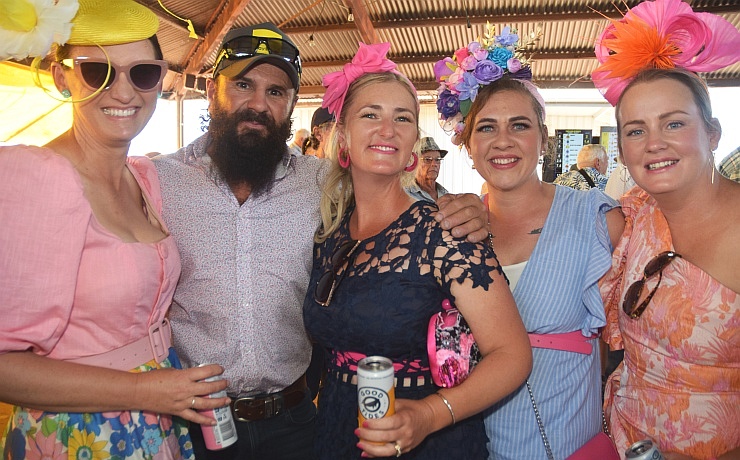
April 30, 2109
The State Government has announced it will spend more than $320 million to build and expand youth detention centres in Queensland in a bid to stop re-offending.
The plans include:
- The construction of a 32-bed youth detention centre at Wacol, at an estimated total cost of $150 million;
- $27 million to build 16 more beds at the existing Brisbane Youth Detention Centre;
- Community youth responses to crime hotspots in three locations: Brisbane, Ipswich and Cairns;
- Support for Indigenous Family Wellbeing Services;
- A transitional hub to divert young people from police custody in Mt Isa;
- Community-based supervision by Queensland Police for high-risk young people on bail in south-east Queensland;
- Eight specialist multi-agency response teams;
- Extension of funding for an extra Specialist Children’s Court Magistrate;
- A Queensland Youth Partnership Initiative with the retail sector to divert young people from crime; and
- Continue the Townsville Community Response including the High-Risk Youth Court, After Hours Youth Diversion Services and Cultural Mentoring
Child Safety Minister Farmer said the moves were the next step in implementing the State Government’s Youth Justice Strategy which was announced last year.
“This investment will expand the current statewide capacity from 254 beds to 302 beds, ensuring we have better and safer conditions for young people in detention and our staff,” she said.
“Our focus remains on reducing offending rates and preventing young people ever needing to be placed in detention,” she said.
“We can’t keep doing the same thing and expect a different result – we need to invest in programs and initiatives which work.
“For example, we’re providing $28.7 million over four years to expand our Transition 2 Success program, which helps young people into the workforce or back to school, and a further $27 million to expand restorative justice programs.
“There is good evidence to show that these programs work to prevent re-offending.
“Of the young people who go through Transition 2 Success programs or Restorative Justice conferencing, almost 6 out of 10 don’t go on to reoffend.
“More than that, we are seeing young people become productive members of society, undertaking education or getting jobs.”






